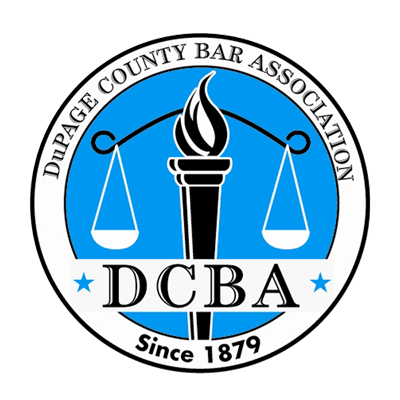
Often the people we love at their most vulnerable when in nursing homes. We trust the care providers at long-term facilities to care for our loved ones with compassion and dignity. Unfortunately, this doesn’t always happen. According to the National Council on Aging, approximately ten percent of people over 60 will experience neglect or abuse at some point.
Illinois has more than 1,200 long-term care facilities with more than 100,000 residents. More than 70% of these nursing homes are for-profit enterprises. Profits can often lead care facilities to cut corners and keep salaries low to maximize shareholders’ profits, leading to high turnover, low staffing levels, and inexperienced care providers.
Illinois Nursing Home Care Act
Our elderly loved ones do have rights. Under Illinois law, residents in nursing homes have the right to:
- Manage their financial affairs,
- Be free from abuse and neglect,
- Refuse medical treatment,
- Access and review their health records,
- Medical care by their doctor, at their own expense,
- Keep their clothing and personal items in their room,
- Religious freedom,
- Mail, phones, and visitors,
- Be free from unreasonable restraint.
See 210 ILCS § 45/101, et seq.
Signs of Nursing Home Neglect or Abuse
If you’re concerned that a loved one is experiencing neglect or abuse at a long-term care facility, it’s important to understand the signs of abuse and neglect. Abuse involves the intentional infliction of injuries, withholding of care that causes physical harm, pain or mental anguish, and unreasonable confinement. Unfortunately, neglect isn’t often as easy to detect as bruises and broken bones.
Neglect may involve failing to provide the services and care necessary to protect a resident from harm or pain. It can also involve failing to resolve dangerous situations causing residents anxiety or physical harm. Neglect can be both intentional and unintentional, which is why it’s necessary to be on the lookout for warning signs of neglect and abuse. Our loved ones in nursing care often can’t advocate on their behalf or are too frightened to do so.
Signs of abuse and neglect include:
- Dehydration
- Bed injuries
- Asphyxiation
- Falls and fractures
- Head injuries
- Infections or bed sores
- Signs of malnutrition or sudden weight loss
- Reluctance to speak in front of nursing home staff
- Fear of nursing home staff
- Sudden or unexplained death
- Dirty or unsanitary living conditions
- Sudden withdrawal or dramatic changes in behavior
- Unexplained injuries or healing bruises and cuts
- Injuries in various stages of healing
- Injuries requiring emergency room treatment
- Injuries following an incident of wandering
- Fractures, such as a broken hip or other bones
- Heavy sedation
- If one resident injures another
- Sexual abuse,
- Mental abuse, and
- The resident is often sick, and the facility doesn’t report illnesses to the family or physicians
If you spot any of these signs, you should document and report your concerns as soon as possible.
Reporting Nursing Home Neglect or Abuse
Once you understand the scope of the abuse or neglect that may be happening, you can report the facility in several ways.
- Illinois Long-Term Care Ombudsman Program
The federal Older Americans Act and the Illinois Act on Aging mandated the Illinois Long-Term Care Ombudsman Program to protect and improve residents’ quality of life in long-term care settings. The Illinois Department of Aging runs the Ombudsman program, which investigates and resolves complaints of suspected abuse and neglect and other regulatory violations in Illinois nursing homes.
You can find your local ombudsman on the Department of Aging website or call (866) 800-1409 toll-free. For TTY, call (888) 206-1327. If the ombudsman can’t resolve the issue, they can help you file a complaint with the Illinois Department of Health.
- Illinois Department of Health
The Illinois Department of Health is one of several federal and state agencies responsible for regulating nursing homes and other long-term care facilities in Illinois. The Department of Health maintains a 24-hour Nursing Home Hotline that receives more than 19,000 calls a year. You can reach the hotline at (800) 252-4343.
Hire an Experienced Illinois Personal Injury Attorney
If you or someone you love is suffering from neglect or abuse in an Illinois nursing home, you need experienced legal advice. The skilled Chicago personal injury attorneys at the Cullotta Bravo Law Group can help. Our seasoned attorneys can help you report the facility, negotiate with insurance companies, and, if necessary, file suit to help you recover your damages. Contact us online or give us a call at 630-898-7800 to schedule a consultation and discuss your options.





